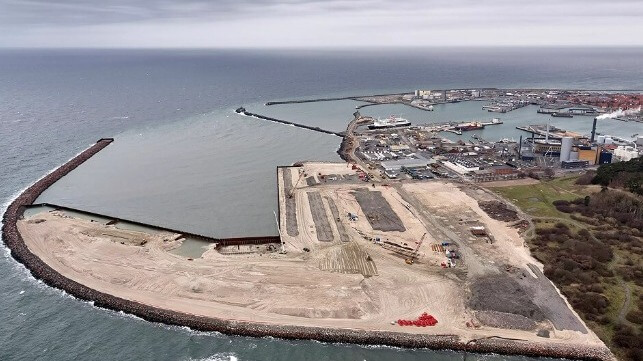Germany Joins Denmark's Bornholm Energy Island Project

In a sign of European solidarity on addressing the strategic problem of replacing Russian energy supplies, Germany has joined Denmark as a partner for the development of the future "energy island" hub on the island of Bornholm, near the center of the Baltic.
Denmark conceived of the energy island idea as a way to build out backbone infrastructure for offshore wind farms in the Baltic. The areas near the island have strong wind potential, and Bornholm would be an ideal place to build transmission infrastructure.
Denmark's initial plan for the island called for two gigawatts of wind capacity. In cooperation with the German government, it is expanding the target to three gigawatts. The project will help meet climate goals for both nations, but the pitch is focused tightly on national security.
"European energy security is under pressure from Russia as a consequence of the war in Ukraine. Part of the answer is to replace the Russian fossil fuels with Danish green energy," explained Denmark's energy ministry in a statement.

that matters most
Get the latest maritime news delivered to your inbox daily.
Energy security is a critical question for Germany, which has long been dependent on Russian gas for a substantial share of its energy supply - including electrical power generation. Germany will help carry the $9 billion cost for the Bornholm project and will reap a portion of the benefits.
Some of Bornholm's residents are less pleased at the prospect of installing a gigantic transformer station on their island; one future neighbor of the facility described the proposal as "hell" in an interview with DR. However, assuming it can get through the lengthy EU permitting process, the energy island project is likely to move forward: a broad majority of Denmark's parliament supports building out the island's infrastructure and turning the small Baltic nation into a regional energy powerhouse.
